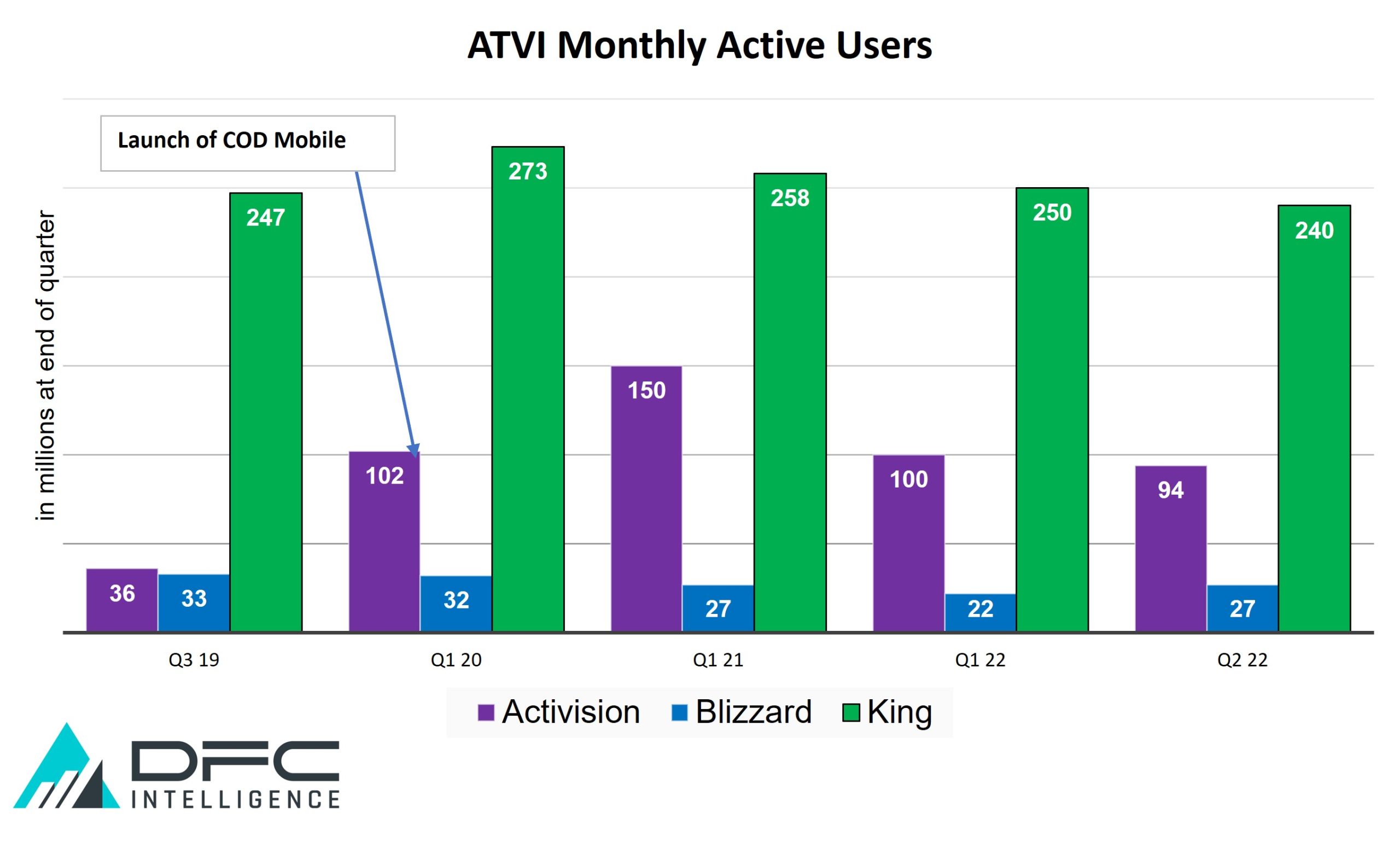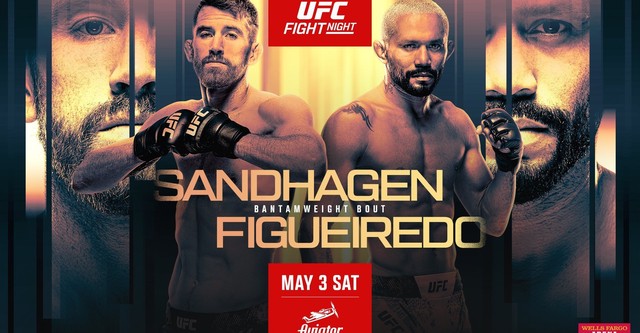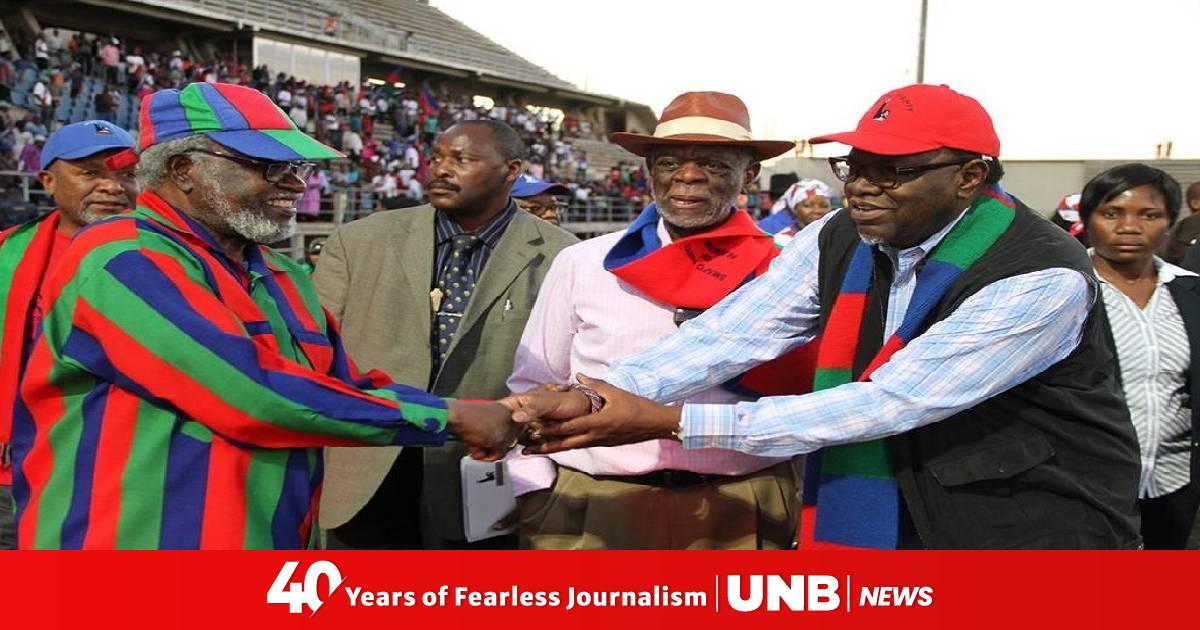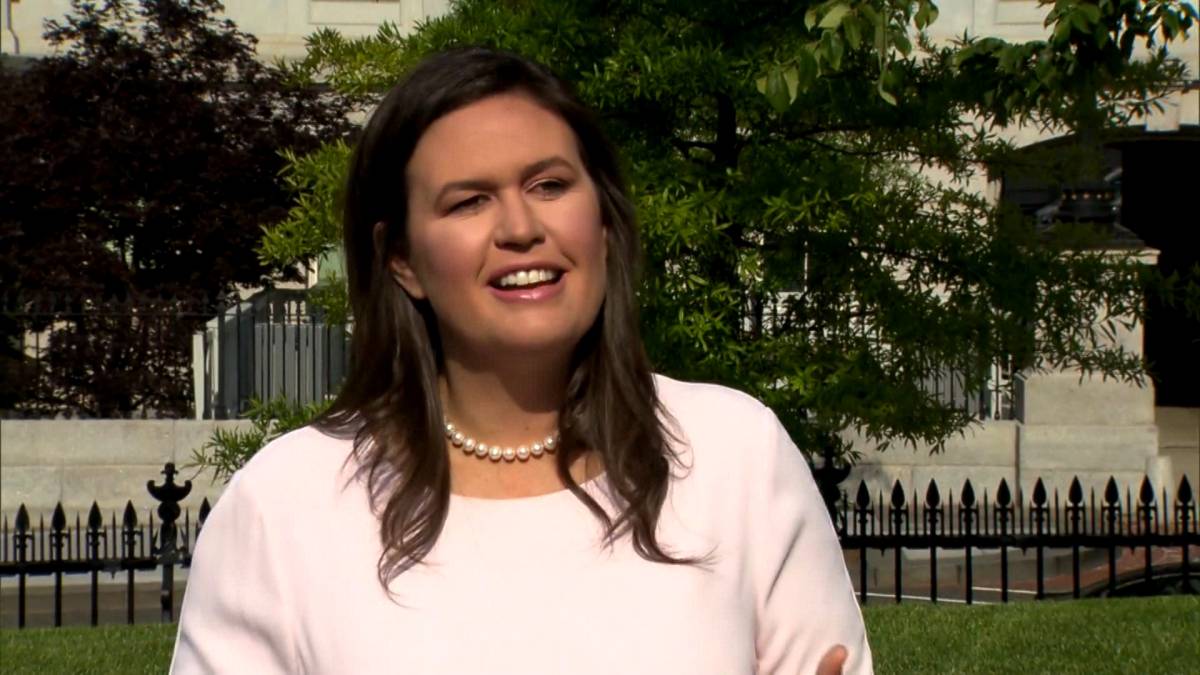FTC Appeals Activision Blizzard Acquisition: What's Next For Microsoft?

The FTC's Arguments and Grounds for Appeal
The FTC's core argument against the Microsoft-Activision Blizzard acquisition centers on concerns about the potential for anti-competitive practices and the harm it could inflict on consumers. The commission believes the merger would grant Microsoft excessive control over the gaming market, particularly in the console and subscription services sectors.
- Concerns about Microsoft's market dominance in gaming: The FTC argues that Microsoft already holds significant market share in gaming consoles (Xbox) and PC gaming, and the acquisition of Activision Blizzard, with its immensely popular franchises, would further consolidate this power, leading to reduced competition.
- Claims that the acquisition would stifle competition and harm consumers: The FTC alleges that the merger would allow Microsoft to suppress competition from other game developers and publishers, ultimately leading to higher prices, reduced innovation, and fewer choices for gamers.
- Focus on the exclusivity of key titles like Call of Duty: A major point of contention is the potential for Microsoft to make Activision Blizzard titles, particularly the immensely popular Call of Duty franchise, exclusive to its Xbox ecosystem, harming players on PlayStation and other platforms.
- Mention of potential anti-competitive practices: The FTC's appeal also points to the potential for Microsoft to engage in other anti-competitive practices, such as bundling Activision Blizzard games with Xbox subscriptions or raising prices for competitors.
The FTC's appeal is based on Section 7 of the Clayton Act, which prohibits mergers and acquisitions that may substantially lessen competition. The likelihood of success depends on the court's interpretation of the evidence and consideration of previous legal precedents involving similar mergers in the tech industry. While previous cases have shown varying outcomes, the FTC's aggressive stance suggests a belief in the strength of their case.
Microsoft's Response and Strategic Options
Microsoft has vehemently defended the acquisition, arguing that it will benefit consumers and increase competition, not stifle it. Their counterarguments focus on several key points:
- Arguments about the benefits of the acquisition for consumers: Microsoft highlights the potential for broader access to Activision Blizzard games through Game Pass, potentially lowering the cost of entry for gamers.
- Claims that the acquisition will increase competition, not stifle it: They argue that the combination of resources and expertise will lead to greater innovation and a more competitive gaming market.
- Highlighting commitments to keep Call of Duty on various platforms: Microsoft has made public commitments to keep Call of Duty available on PlayStation and other platforms for an extended period, attempting to alleviate FTC concerns about exclusivity.
- Details of any proposed concessions or remedies offered by Microsoft: Microsoft has offered concessions, including extended licensing agreements for Call of Duty, to address the FTC’s concerns and potentially avoid a protracted legal battle.
Microsoft's next steps could include further legal challenges, appealing to higher courts if necessary, or negotiating further concessions with the FTC. Their substantial financial resources suggest a high risk tolerance for prolonged litigation. However, the potential financial and reputational costs of a drawn-out legal battle are significant.
Impact on the Gaming Industry and Consumers
The outcome of the FTC's appeal will have profound consequences for the gaming industry and consumers.
- Impact on game prices and availability: If the FTC prevails, it could lead to higher prices for games, limited availability of certain titles, and reduced choice for consumers. Conversely, a successful acquisition might offer consumers more affordable access to games via subscription services.
- Potential changes to gaming subscriptions and services: The merger could lead to significant changes in the subscription gaming landscape, potentially influencing the pricing and content offered by various platforms.
- Effects on smaller game developers and publishers: The acquisition's impact on smaller players remains uncertain. Increased market dominance by Microsoft could make it harder for smaller companies to compete.
- The influence on future mergers and acquisitions in the gaming industry: The FTC's actions will set a precedent for future mergers and acquisitions in the gaming industry, impacting how regulatory bodies approach similar deals.
The ongoing legal fight also impacts investor confidence and market sentiment. Uncertainty surrounding the outcome affects the stock prices of Microsoft and Activision Blizzard, alongside the overall gaming industry valuation. The long-term implications could reshape the gaming ecosystem, potentially leading to a more consolidated or fragmented market.
The Role of Regulatory Bodies Globally
The FTC's actions are not isolated; they have global implications.
- The EU's regulatory stance on the deal: The European Union's regulatory approach to the Microsoft-Activision Blizzard deal is also crucial. A differing outcome in Europe could further complicate the situation for Microsoft.
- Regulatory processes in other major gaming markets (e.g., Japan, China): Similar regulatory reviews in other major gaming markets like Japan and China will significantly impact the deal's overall viability.
- The potential for global regulatory coordination or divergence: The lack of unified global regulatory standards in the tech industry creates complexities, with potential for either coordinated efforts or differing outcomes across various jurisdictions.
Timeline and Predictions for the Future of the FTC Activision Blizzard Acquisition
The appeal process is likely to be lengthy, possibly stretching over several months or even years.
- Estimated duration of the appeal: Legal appeals can be protracted, with multiple stages of review and potential for further challenges.
- Key dates and milestones to watch out for: Court hearing dates, rulings on motions, and potential settlement negotiations are all important milestones.
- Potential outcomes and their implications: The possible outcomes range from complete dismissal of the appeal to a reversal of the original decision, preventing the acquisition.
Predicting the ultimate outcome remains challenging. While the FTC's appeal presents a significant hurdle, Microsoft possesses considerable resources and legal expertise. The strength of both sides' arguments and the court's interpretation will determine the final result. Further legal challenges, depending on the outcome of the appeal, are also a possibility, extending the timeline and uncertainty.
Conclusion
The FTC's appeal of the Activision Blizzard acquisition presents significant uncertainties for Microsoft. The outcome of this legal battle will have far-reaching consequences for the gaming industry, shaping the future of mergers and acquisitions, competition, and consumer experiences. Understanding the FTC's arguments, Microsoft's responses, and the potential impacts is crucial for anyone following this landmark case. Stay informed on the developments in the FTC Activision Blizzard acquisition to understand the evolving landscape of the gaming world. Continue to follow this critical case as it unfolds to stay up-to-date on this evolving situation and learn more about the future of the FTC Activision Blizzard acquisition.

 Sandhagen Vs Figueiredo Complete Ufc On Espn 67 Results And Highlights
Sandhagen Vs Figueiredo Complete Ufc On Espn 67 Results And Highlights
 Singapores General Election The Ruling Party Faces Its Biggest Challenge
Singapores General Election The Ruling Party Faces Its Biggest Challenge
 Tax Exempt Status Under Threat Harvard Presidents Strong Response
Tax Exempt Status Under Threat Harvard Presidents Strong Response
 Georgetown Resident Crowned 2025 Kentucky Derby Festival Queen
Georgetown Resident Crowned 2025 Kentucky Derby Festival Queen
 Carneys Meeting With Trump The Future Of Cusma
Carneys Meeting With Trump The Future Of Cusma
